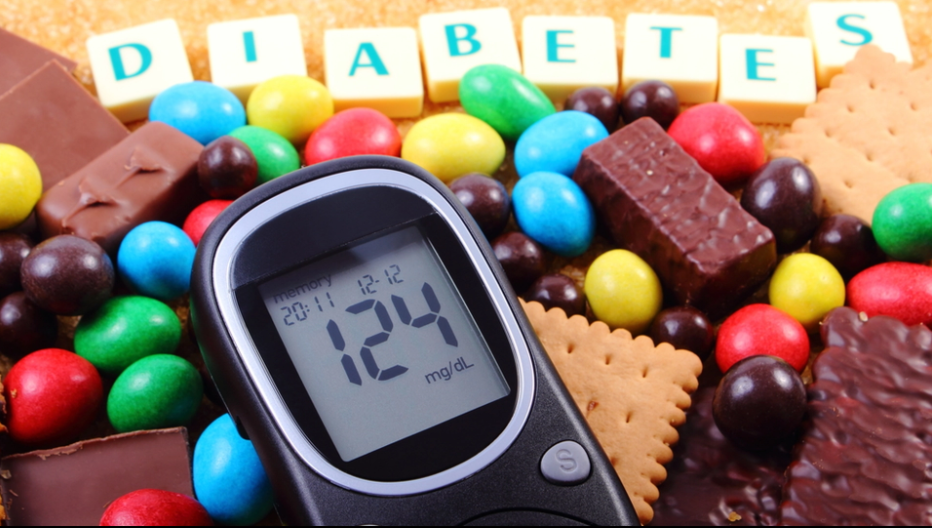New Study Suggests Diabetics Could Take Pills or Sugar-Free Alternatives as Injection Replacements.
Others are reading now
In a groundbreaking collaboration between the University of Sydney and the Arctic University of Norway, a novel approach to insulin delivery is being pioneered, potentially transforming the way individuals with diabetes manage their condition. This innovative research aims to replace traditional insulin injections with oral alternatives, such as capsules, sugar-free chocolates, or jellies, addressing concerns related to injection-related infections among the elderly. This is reported by Euronews.
The project, set to advance to human trials in 2025, seeks to benefit the approximately 61 million people living with diabetes in Europe, including those with both type 1 and type 2 diabetes.
Traditionally, insulin is administered via syringes, pens, or pumps, but the research team is exploring the use of “nanocarriers” to transport the medication directly to the liver, ensuring a more targeted and efficient delivery.
Also read
Dr. Nicholas Hunt from the University of Sydney shared insights into the project’s origins and its reliance on nanotechnology, specifically quantum dots, to achieve precise drug delivery without off-target effects. The idea for an oral insulin solution stemmed from concerns over the risk of secondary infections from insulin injections among hospitalized elderly patients. The solution involves a specially designed polymer that reacts to the patient’s glucose levels, releasing insulin in response to high blood sugar, thereby offering a more controlled and potentially safer method of insulin administration.
The research, which has shown promising results in animal studies, including mice, rats, and baboons, published in the journal Nature Nanotechnology, also explores alternative forms of insulin intake.
Notably, baboons in the study showed a preference for lab-created, sugar-free chocolate over tablets, indicating the potential for a more palatable treatment option for humans.
As the team gears up for the next phase of clinical trials, there’s optimism for a revolutionary treatment that not only improves life quality for diabetes patients by eliminating the need for injections but also offers a cost-effective and non-refrigerated option for insulin administration.
If successful, this breakthrough could pave the way for regulatory approval by 2028, marking a significant advancement in diabetes management and treatment.


